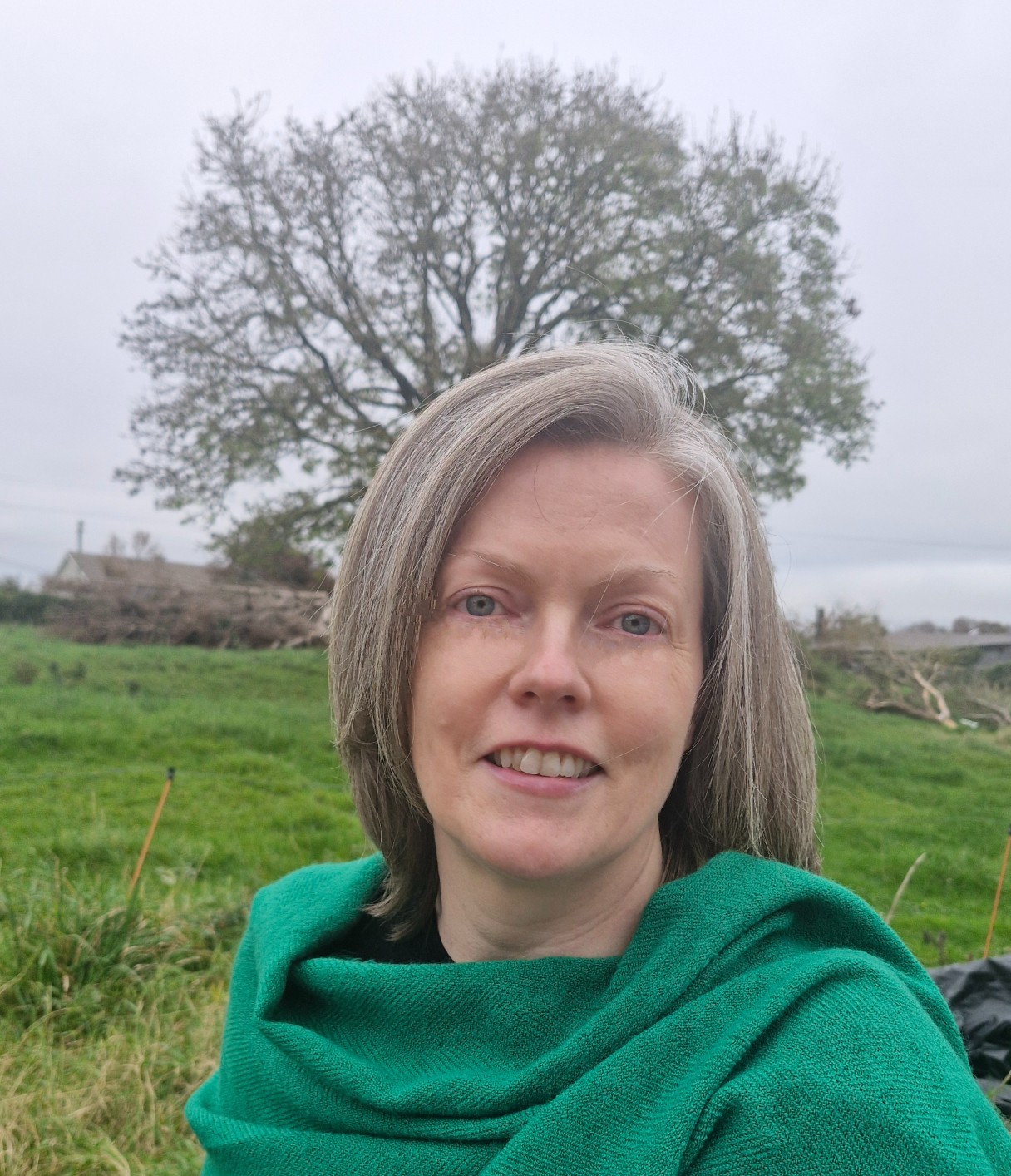Preparing for a Peaceful Death: Conversations That Matter
Why Talking About Death Matters
Talking about death is something many people shy away from. It can feel uncomfortable, even frightening, to think about our own mortality or that of the people we love. It can feel awkward, too heavy, or simply too soon. Yet in my experience, both personally and through my work, I’ve learned that the most peaceful deaths often begin with open and courageous conversations. When we talk about death, we are not inviting it closer. We are simply making space for honesty, understanding, and peace.
What Makes a Death Peaceful
A peaceful death does not just happen by chance. It can be nurtured through awareness, compassion, and connection. When we speak openly about our wishes, acknowledge our fears, and express what really matters to us — how we want to be cared for, where we would like to be, who we would want nearby — we take control of our final chapter. Preparing for death is not only about medical plans or legal documents, though those are important. These conversations are not morbid. They are deeply life-affirming and often bring a surprising sense of calm. They remind us what truly matters and give our loved ones the gift of knowing how to support us when the time comes.
Facing Fears with Openness
Death can bring uncertainty, and fear is natural. Many people worry about being in pain, losing their independence, or leaving loved ones behind. Bringing these fears into the open does not make them worse. We often find we are not alone in what we feel. When we speak about our fears, we can be met with reassurance, support, and encouragement. Sometimes just feeling understood and heard is enough to bring peace.
How to Start the Conversation
Starting these conversations can feel scary, but it does not have to be. You might begin with something simple, like “I’ve been thinking about what’s important to me as I get older,” or “Have you ever thought about what a peaceful death might look like for you?” For some, sharing a story, a film, a song, or even a family memory can open the conversation. The key is to begin gently and be open to revisiting the topic many times. If you are unsure where to start, choose a calm, ordinary moment such as a walk, a quiet evening, or a cup of tea. You might be surprised at how open some people are to talking about death. Sometimes they are just waiting for someone else to begin.
What People Really Talk About
In my experience, when people start to share their thoughts about death, they often discover that what they are really talking about is life. How they want to live until the very end. For some, a peaceful death means being at home, surrounded by familiar sounds and faces. For others, it might mean knowing their spiritual or cultural wishes will be honoured. There is no right or wrong answer, only what feels right for each of us.
Thinking About Legacy
Asking yourself, “What do I hope to leave behind?” reminds us that death is not just an ending. It is an extension of us into the lives of others. It might be values, memories, or small everyday acts of love and kindness. Our legacy is not just about possessions. It is about presence, the impact of our love, and the meaning we leave in the lives we have touched.
An Act of Love
Ultimately, preparing for a peaceful death is an act of love for ourselves and for those supporting us on this journey. When we dare to speak about death, we are really speaking about what we value, what we fear, and how we wish to be remembered. These honest conversations are what matter most during this time. They can bring us peace, connection, and a deeper appreciation of life itself.
Memorial Gift Shop
View AllReligious & Spiritual
Holy Water Fonts, Crucifixes, Spiritual Wall Hangings & Celtic Art Pieces
Hand-carved Celtic Wall Hangings
Hand-carved in Ireland, each wooden piece has its own unique & poignant significance.
Condolence Book for Home Printing
Condolence Book Cover & Presentation Box - for Home Printing


